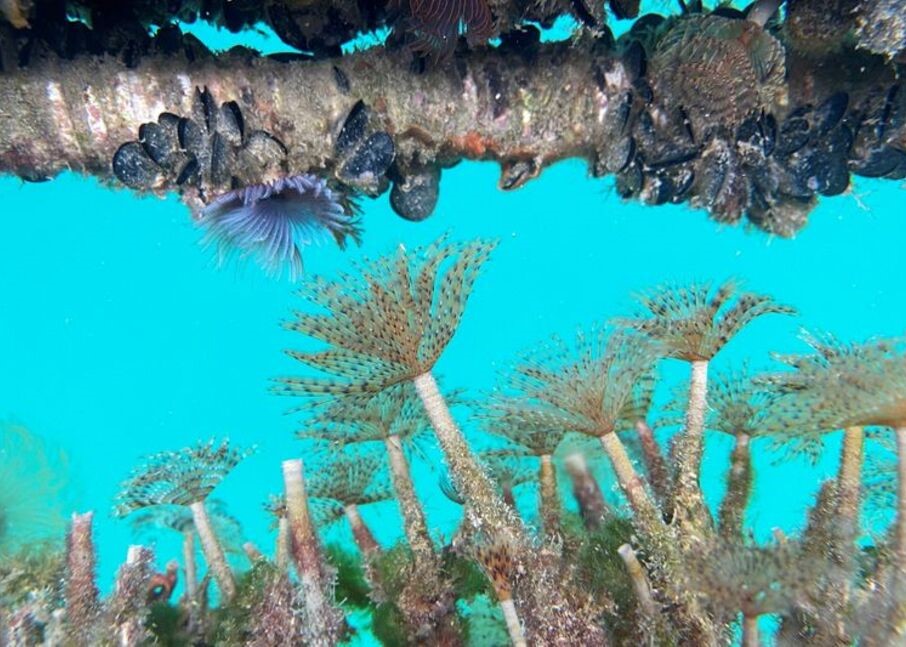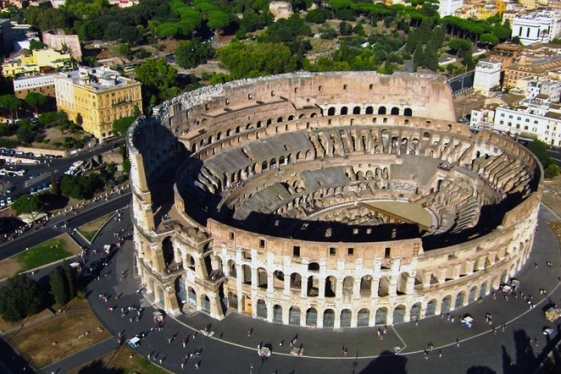

BY: Alex Fraser
On Italy's Ligurian coast, biologists and environmentalists are working to tackle the effects of climate change in the Mediterranean with help from a so-called "Smart Bay". Marine biologists fear the Mediterranean is becoming hotter and more acidic, which would affect the habitat of many native species and also lead to violent changes in weather systems such as more frequent tornadoes.
The Santa Teresa Smart Bay, in an area on the northwestern coast noted for tourism and diving, is Italy's first underwater "living" laboratory where scientists use aquatic invertebrate animals known as bryozoans and other organisms as live sensors.
SOURCE: https://www.usnews.com/
You may be interested
-
'Phantom Limb': A Conversation With Dennis...
Dennis Palumbo is a thriller writer and psychotherapist in private practice. He's the auth...
-
Arnaldo Trabucco, celebrated medical practit...
Arnaldo Trabucco, MD, FACS is a leading urologist who received his medical training at ins...
-
Exciting Palatine. Interview with Clementina...
You can tell she fills with excitement when she has the chance to show an important archae...
-
ISSNAF medical imaging science chapter meeti...
AGENDA 12.00 – 12.15 Light lunch12.15 – 12.30Welcome addresses Lorenzo Mannelli, MD, PhD...
-
Italy, the importance of innovation for agri...
by Claudia Astarita The food farming sector is still one of the engines of Italia...
-
'Extinct' volcano near Rome is waking up and...
A volcano near Rome thought to be extinct appears to be waking up and entering a new erupt...
-
'Hidden' Italian paradise for 'authentic' exp...
Brits are absolutely enamoured with Italy, from the ancient allure of Rome's Colosseum to...
-
'Hotel Portofino' Will Transport You to the I...
The appeal of lavish period dramas that depict life in a bygone era is undeniable. But ch...










